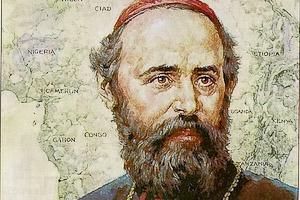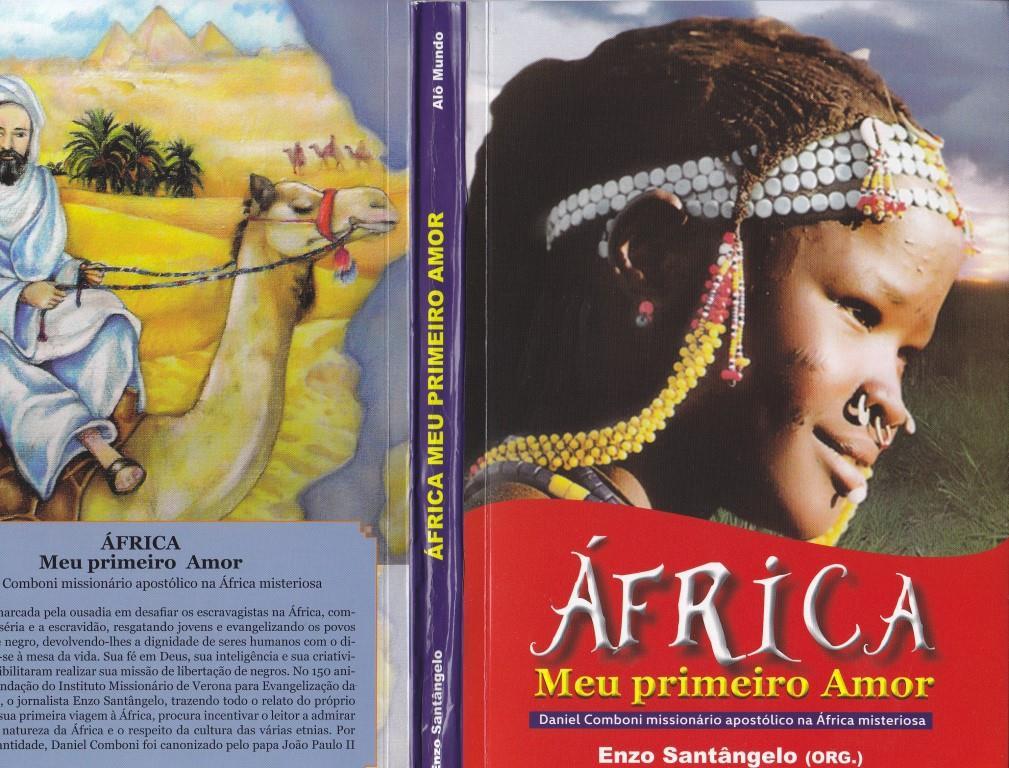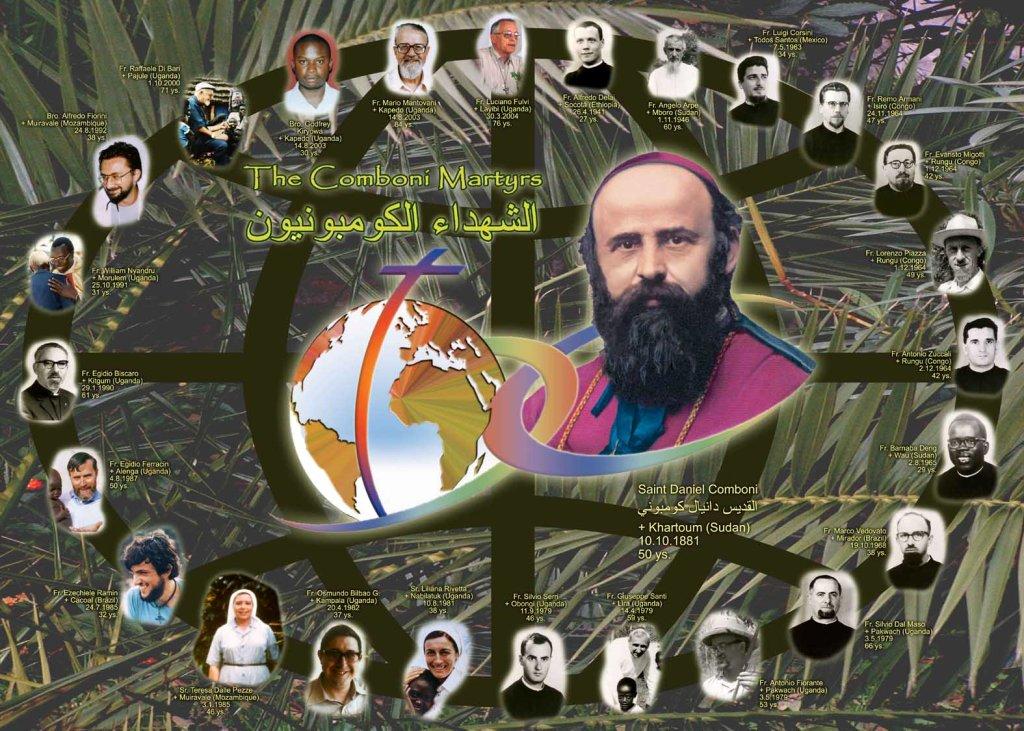Daniel Comboni
Comboni Missionaries
Institutional area
Other links
Newsletter
The mission of Central Africa is God's work, because it is marked by the adorable seal of the cross; comparable to the holiest works of God, which from the first centuries of the Church have sprung up to gladden and embellish the venerable Spouse of Christ. In this great work God's finger is evident and clear"
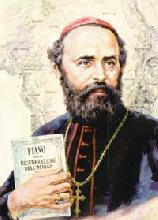 At the time Africa was witnessing the criss-crossing of its lands by explorers, merchants and commercial agents. The missionary revival of the 19th century is interwoven with these other activities. Thanks to the missionary movement, it was possible to erect the Mission of Central Africa. The first beginnings of the Mission soon turned to disaster and failure, with the death of almost a hundred of the first missionaries, among them many of Comboni's companions. The Mission was "a continuous page of obituaries and martyrdom", as someone wrote at the time. Various missionary attempts failed one after the other. Many came to believe that "the Hour for the Evangelisation of Africa" had not yet sounded. "But Comboni did not think that", wrote Cardinal Arinze.
At the time Africa was witnessing the criss-crossing of its lands by explorers, merchants and commercial agents. The missionary revival of the 19th century is interwoven with these other activities. Thanks to the missionary movement, it was possible to erect the Mission of Central Africa. The first beginnings of the Mission soon turned to disaster and failure, with the death of almost a hundred of the first missionaries, among them many of Comboni's companions. The Mission was "a continuous page of obituaries and martyrdom", as someone wrote at the time. Various missionary attempts failed one after the other. Many came to believe that "the Hour for the Evangelisation of Africa" had not yet sounded. "But Comboni did not think that", wrote Cardinal Arinze.
It was in this context that an extraordinary grace-event took place in Comboni's life. It happened suddenly, and he could not have imagined it himself, as he writes when recalling the event. On 15th September 1864, while he was praying at the Tomb of St. Peter in the Vatican Basilica, a divine grace came down on him "like a bolt of lightning" he wrote just a few hours later. Thus his "Plan for the Regeneration of Africa by herself" was born. Three days later, on 18th September 1864, he presented it to the Prefect of Propaganda Fide, Cardinal Barnabò, and to Pius IX. For Comboni, Mission meant the Church - the whole of the Church. The true characteristic of Mission is that it is Church-based and Catholic [universal]. Pius IX told him: "Labour like a good soldier of Christ!" And Comboni obeyed him right up to the moment he died. For him, Mission was obedience to, and passion for, the Church.
This led him to undertake many journeys in almost every country in Europe; he became the focus bringing together the various groups formed by the missionary movement in Europe. He himself, from 1867, founded several organisations of his own; during his life, he corresponded with more than 150 newspapers and magazines in Europe on behalf of the African Mission; he met with people of all classes, leaving out none. His one single concern was that Christ be known in Africa, and that "Nigrizia" be reborn in Him. The convocation of the First Vatican Council in 1869 found him organising his missionary foundation in Egypt. Immediately he drew up an appeal (Postulatum) addressed to the Bishops of the Council on behalf of the peoples of Africa (1870). In it he reminds them of their missionary responsibility, and that of the whole Church, towards Africa, still an outcast.
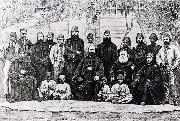 The final years of his life were full of tremendous suffering. He often said he was "crucified with Christ for Africa". Eight days before his death he wrote: "I feel the weight of the Cross in my heart..." The Lord purified him spiritually through the Mystery of the Cross. In the manner of saints he welcomed it with increasing conviction that it was an arcane guarantee of fruitfulness for his neglected peoples of Africa. "The Cross has the power to transform Africa into a land of blessings and salvation... Nothing matters to me. I want only to be anathema for the sake of my brothers. What really matters to me is the conversion of Africa". These words were written shortly before his death. He had said, tirelessly, and to all who would listen: "Africa can find its true dignity and liberty only in the reality of the Church, the Body of Christ." He saw Faith in Christ as the only possible way for Africans to achieve their full dignity, and he had written this in his appeal to the Fathers of Vatican I.
The final years of his life were full of tremendous suffering. He often said he was "crucified with Christ for Africa". Eight days before his death he wrote: "I feel the weight of the Cross in my heart..." The Lord purified him spiritually through the Mystery of the Cross. In the manner of saints he welcomed it with increasing conviction that it was an arcane guarantee of fruitfulness for his neglected peoples of Africa. "The Cross has the power to transform Africa into a land of blessings and salvation... Nothing matters to me. I want only to be anathema for the sake of my brothers. What really matters to me is the conversion of Africa". These words were written shortly before his death. He had said, tirelessly, and to all who would listen: "Africa can find its true dignity and liberty only in the reality of the Church, the Body of Christ." He saw Faith in Christ as the only possible way for Africans to achieve their full dignity, and he had written this in his appeal to the Fathers of Vatican I.
From the heart of the Africa that he had loved with such passion, he returned to the Heart of the Lord he had served so well. The Canadian Fr Arthur Bouchard, was at his bedside on the night of 10th October 1881 wrote: "All the Africans are mourning over their bishop - Mutran es Sudan - calling him their father, pastor, friend..."

